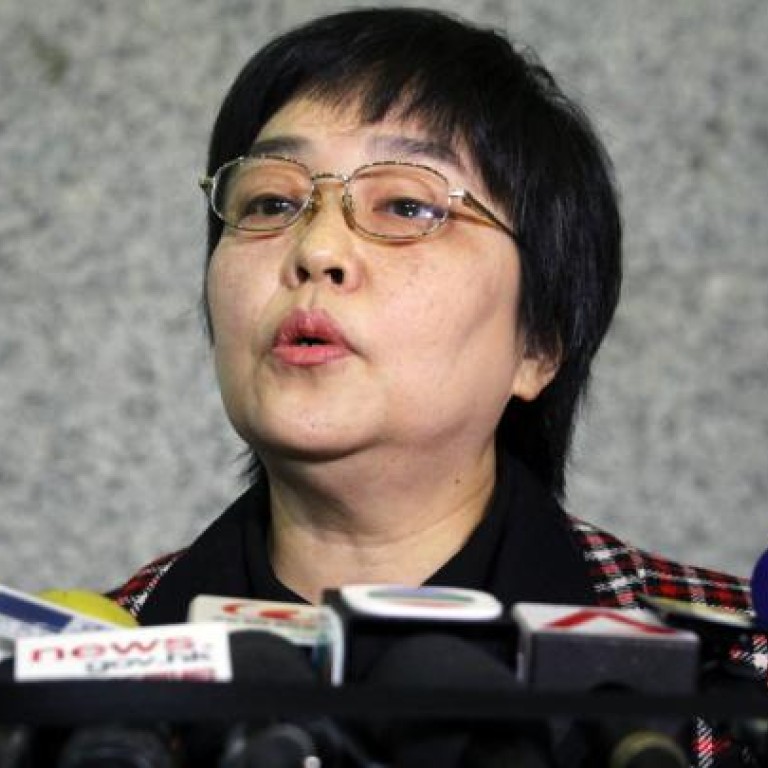
Ex-census worker says fabrication of data was common in 1990
A former census taker says fabrication of data was widespread 20 years ago; government department launches investigation into claims
Frontline officers from the Census and Statistics Department were fabricating data as far back as 1990, a former employee said yesterday.
The department this week announced it would launch an investigation into claims that fabrication had been common practice over the last decade.
"I started at the department in 1990 and I worked there for more than a year. Everyone did that [make up answers] at that time," the former census officer told a radio phone-in yesterday. The accusation is not the first time the department's reliability has been called into question.
In 1998, the Audit Commission investigated 155 cases and found that 25 census officers who were supposed to interview people face-to-face had carried out some interviews over the phone or had decided to skip them completely.
A department spokesman replied at the time that no information had been fabricated, although he admitted some officers had made mistakes in how they conducted the interviews.
The commission recommended census officers keep a log book - to record the times and places of the interviews, and when they took a lunch break, in addition to other information.
But officers have reportedly said log books only added to the pressure they were under, arguing the rate of interviews they conducted affected their chances of promotion.
An Audit Commission spokesman told the this week it suggested log books should be used for planning and monitoring and not as a staff assessment tool.
But when the Commissioner for Census and Statistics, Lily Ou-yang Fong, was asked on the same day whether the log books were linked to officers' promotion prospects, she declined to offer a definitive answer.
"You think that the log sheet is linked to promotion, but actually it shows how they do their work," Fong said.
She said officers were evaluated on the basis of 10 areas, including whether they worked well in a team.
She did not directly say whether the department assessed officers through the log sheet record.
"Actually there are more than 10 areas in the work evaluation, and work efficiency and quality are equally important."
An associate professor in social work at Chinese University, Wong Hung, said the census department needed to find out when the officers began to fabricate the answers.
"If it began 10 years ago, then look into figures dated 10 years ago," he said. Using inaccurate figures to draft social policies could lead to "aberrations".
Professor Paul Yip Siu-fai, a specialist in statistics at the University of Hong Kong, said any inaccuracies in statistics were unacceptable.
Fabricated answers may mean jobless statistics have been underreported for years.
The census department has set up a taskforce to look into the claims but has not said how far back it would be investigating.
A spokeswoman said yesterday it needed more time to prepare answers to questions filed by the .

